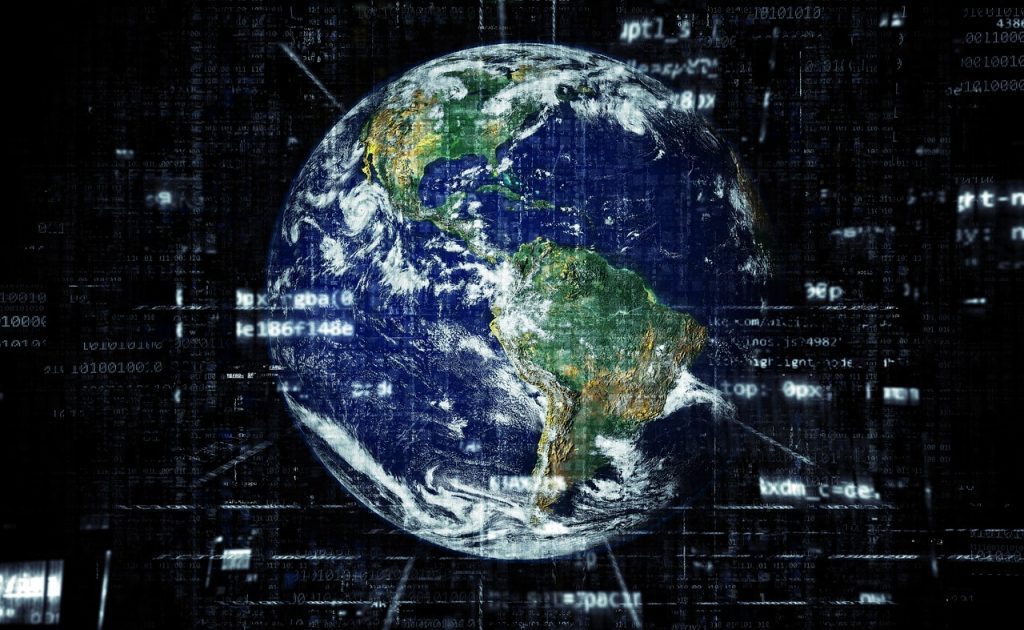Why Public ‘Big Data’ Initiatives Failed to Deliver on COVID

Experts from a data-driven initiative to aid the COVID response have outlined major obstacles to making successful use of new data released by technology companies in times of crisis. Harvard University’s Caroline Buckee and colleagues presented these views in the open-access journal PLOS Digital Health.
Technology companies collect vast amounts of data on their users, including their geographic locations. During the COVID pandemic, many companies made some of their user data available in order to aid public health efforts, such as monitoring the impact of social distancing policies or travel restrictions. However, Buckee and colleagues note, many efforts to harness these “data for good” failed to make a significant impact.
The authors are part of Crisis Ready, in which epidemiologists help policy makers understand and use insights from human mobility data released by technology companies. In this capacity, they have now identified challenges that hinder other efforts to use novel forms of data as part of disaster response.
Firstly, data-sharing agreements between researchers and technology companies were hastily arranged during the pandemic. They recommend pre-established agreements that will be ready for implementation in future crises.
Buckee and colleagues also observed that a lack of standardisation, interoperability, and clarity on uncertainties or biases in novel datasets resulted in the need for highly specialised professionals to process this data. To address this challenge, data access and characteristics can be negotiated prior to a disaster.
The authors also call for global investment in training more professionals that can analyse complex data to provide information in a disaster. In addition, they strongly emphasise the need for local response agencies to collaborate closely with regional scientists.
Without such efforts, no amount of data donated by technology companies will be useful in a crisis.
“It is still very difficult to translate the vast amounts of digital data that are owned by companies into useful public health tools, despite their incredible potential for transforming decision-making during health emergencies,” said Buckee. “We need to build a global cohort of data scientists and epidemiologists who can support local governments, and put in place the data pipelines and analysis tools before disasters hit, so that local responders have context-specific information when they need it most.”
Source: News-Medical.Net

